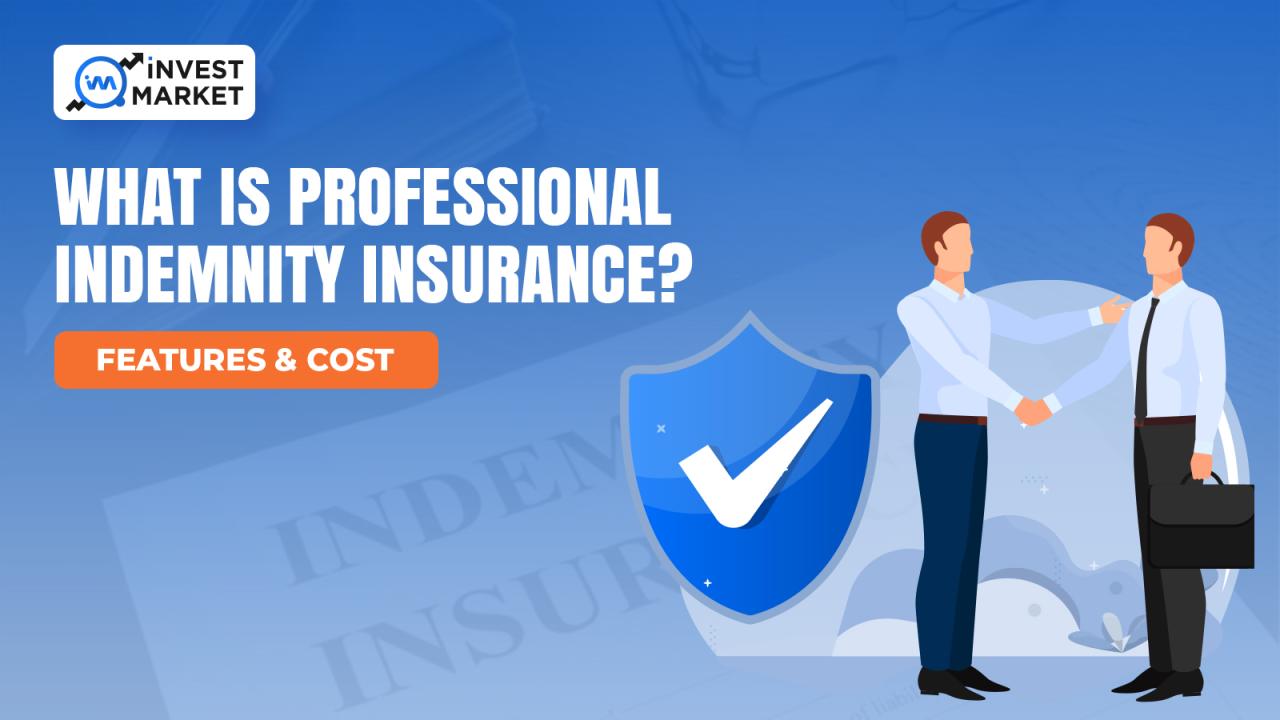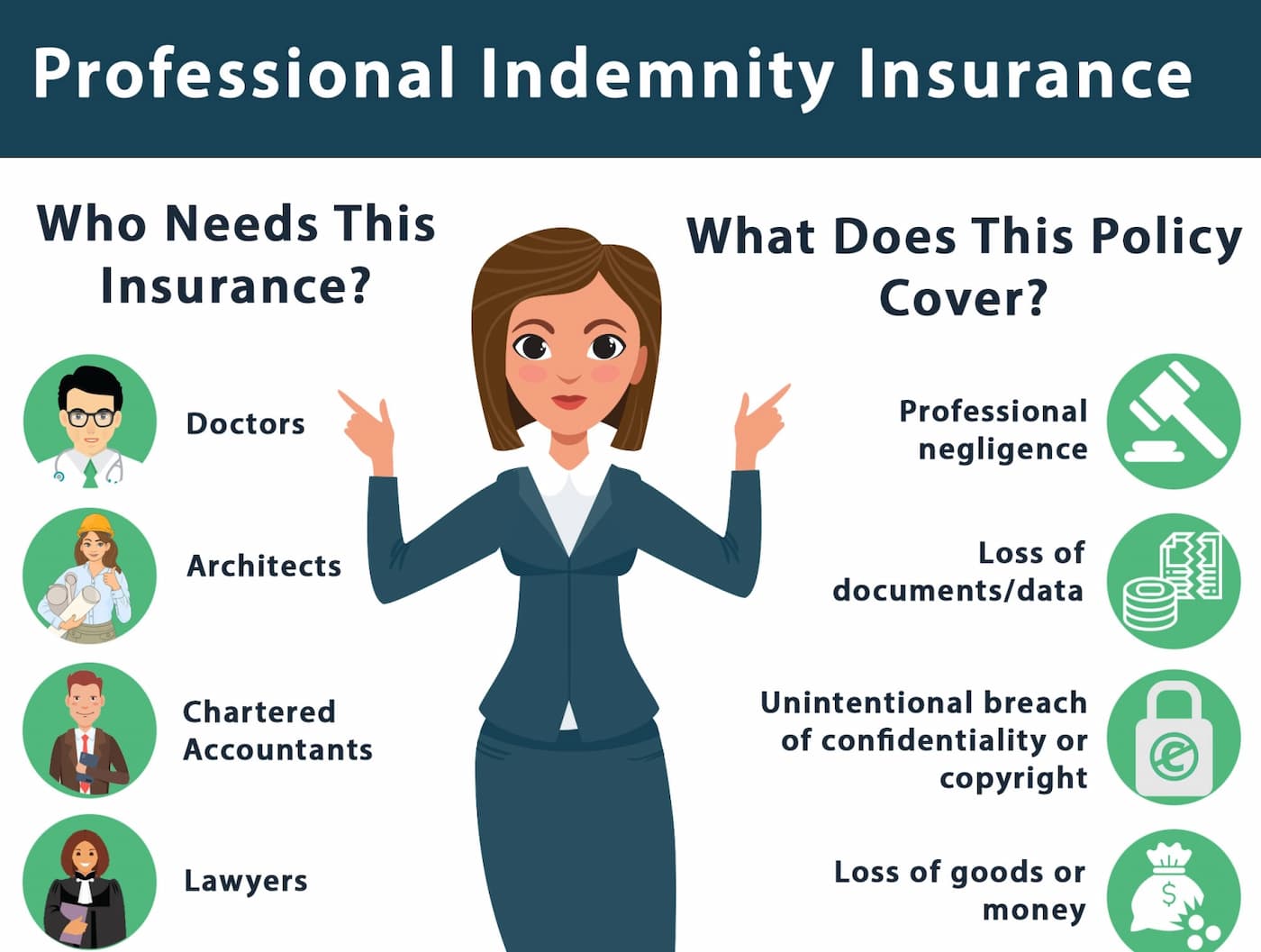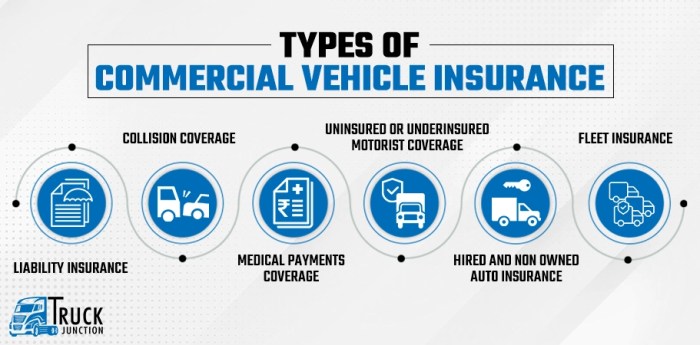Exploring the realm of professional indemnity insurance for businesses unveils a crucial aspect of risk management that is often overlooked. This type of insurance serves as a shield against potential financial repercussions arising from professional errors or negligence. As businesses navigate the complex landscape of liability, understanding the nuances of professional indemnity insurance becomes paramount for safeguarding their interests and reputation.
Delving deeper into the coverage, benefits, and cost factors associated with this insurance sheds light on its significance in today's competitive business environment.
Overview of Professional Indemnity Insurance
Professional indemnity insurance for businesses is a type of insurance coverage that protects professionals and their businesses against claims of negligence, errors, or omissions in the services they provide. It provides financial protection in case a client sues for damages due to mistakes or inadequate work.
Importance of Having Professional Indemnity Insurance
Professional indemnity insurance is crucial for businesses as it helps cover legal costs and compensation payments that may arise from professional negligence claims. Without this insurance, businesses could face significant financial losses that may jeopardize their operations and reputation.
- Professional indemnity insurance provides peace of mind to businesses by offering financial protection against unforeseen circumstances.
- It helps maintain the credibility and trust of clients, as they know that the business is prepared to address any errors or mistakes that may occur.
- Having professional indemnity insurance is often a requirement in contracts with clients or regulatory bodies, ensuring compliance with industry standards.
Professions Requiring Professional Indemnity Insurance
- Medical professionals, such as doctors, nurses, and surgeons, who provide healthcare services.
- Legal professionals, including lawyers and solicitors, who offer legal advice and representation.
- Architects and engineers involved in designing and constructing buildings and infrastructure.
- Consultants and advisors in various fields, such as financial, IT, and management consulting.
Coverage and Benefits
When it comes to professional indemnity insurance, businesses can benefit from coverage that specifically addresses risks and liabilities associated with providing professional services. This type of insurance is designed to protect businesses from claims of negligence, errors, or omissions that may arise during the course of their work.
Types of Risks and Liabilities Covered
- Professional Negligence: This insurance covers claims related to errors or mistakes made by the business in providing professional services.
- Legal Costs: Professional indemnity insurance can help cover legal fees and expenses incurred in defending against a claim.
- Data Breach: Some policies may also provide coverage for claims related to data breaches or loss of confidential information.
- Contractual Disputes: Insurance can also cover disputes arising from breaches of contract or failure to deliver services as promised.
Financial Benefits
- Protection from Financial Loss: Having professional indemnity insurance in place can help protect a business from financial losses resulting from legal claims or settlements.
- Client Confidence: By having this insurance, businesses can demonstrate their commitment to quality and professionalism, which can help build trust with clients.
- Cost Savings: In the event of a claim, insurance coverage can help mitigate the financial impact on the business, potentially saving them from significant out-of-pocket expenses.
Difference from General Liability Insurance
- General liability insurance typically covers claims related to bodily injury, property damage, or advertising injury, while professional indemnity insurance is tailored to cover risks specific to professional services.
- Professional indemnity insurance is more focused on protecting businesses from claims of negligence, errors, or omissions in the services they provide, rather than the broader scope of general liability insurance.
- Businesses that provide professional services, such as consultants, advisors, or architects, may find professional indemnity insurance more relevant to their specific risks and liabilities.
Cost Factors and Considerations
When it comes to professional indemnity insurance, the cost can vary depending on several key factors. Understanding what influences the cost and knowing how to manage it can help businesses make informed decisions and optimize their insurance coverage.
Business Size and Nature
The size and nature of a business play a significant role in determining the premiums for professional indemnity insurance. Larger businesses with more employees and higher revenue are generally considered to have a greater exposure to risks, which can result in higher insurance premiums.
Similarly, businesses operating in high-risk industries or offering specialized services may face higher premiums due to the increased likelihood of claims being made against them.
- For small businesses: Smaller businesses with fewer employees and lower revenue may be able to secure more affordable premiums compared to larger corporations. It is important for small businesses to accurately assess their risks and provide detailed information to insurers to ensure they are not overpaying for coverage.
- For high-risk industries: Businesses operating in industries with a history of frequent claims or lawsuits may face higher premiums. Implementing risk management strategies and maintaining a strong track record can help mitigate these costs.
- For specialized services: Businesses offering unique or specialized services may require tailored insurance coverage, which can come at a higher price. Working with an experienced insurance broker to customize a policy that meets the specific needs of the business can help manage costs.
Tips for Cost Reduction
Reducing the cost of professional indemnity insurance can be achieved through various strategies that focus on risk management and insurance optimization.
- Implement risk management practices: Proactively identifying and addressing potential risks within the business can help reduce the likelihood of claims and ultimately lower insurance premiums. This can include staff training, quality control measures, and contract reviews.
- Review coverage limits and deductibles: Adjusting coverage limits and deductibles can impact insurance costs. Businesses should carefully evaluate their coverage needs and financial capabilities to determine the most cost-effective options.
- Shop around for quotes: Comparing quotes from multiple insurers can help businesses find the best rates and coverage options. Working with an insurance broker can streamline this process and ensure businesses receive competitive offers.
- Maintain a strong claims history: Building a positive claims history by promptly addressing any issues and settling claims efficiently can demonstrate to insurers that the business is a low-risk investment. This can lead to lower premiums over time.
Claims Process and Settlement

When it comes to professional indemnity insurance, understanding the claims process and settlement is crucial for businesses. This insurance provides protection in cases where a business is sued for negligence or errors in professional services, making the claims process an essential aspect of the coverage.
Filing a Claim
- Notify your insurance provider: The first step is to inform your insurance company about the claim as soon as possible.
- Provide documentation: You will need to submit relevant documents and details related to the claim, such as contracts, project details, and any communication regarding the professional services provided.
- Investigation: The insurance company will conduct an investigation to assess the validity of the claim and determine the extent of coverage.
Review, Processing, and Settlement
- Claims review: Once the claim is filed, the insurance company will review the details to evaluate the circumstances and determine coverage.
- Processing: If the claim is found to be valid, the insurance company will proceed with processing the claim, which may involve negotiations with the claimant.
- Settlement: The final step involves reaching a settlement with the claimant, which may include financial compensation or other remedies as per the policy terms.
Scenarios Requiring a Claim
- Professional negligence: If a client alleges that your business made errors or omissions in the services provided, leading to financial loss or damage, a claim may be necessary.
- Breach of contract: In cases where your business fails to fulfill contractual obligations, resulting in legal action from the client, professional indemnity insurance can help cover the costs.
- Intellectual property infringement: If your business is accused of using copyrighted material without permission, leading to legal disputes, a claim may be needed to address the issue.
Compliance and Legal Requirements

When it comes to professional indemnity insurance for businesses, there are specific legal requirements and regulations that need to be followed to ensure compliance and protection. Failure to adhere to these requirements can have serious consequences for a business, including financial penalties and potential legal action.
Here is an overview of what you need to know about compliance and legal requirements:
Legal Requirements for Professional Indemnity Insurance
- Many industries and professions have mandatory professional indemnity insurance requirements set by regulatory bodies or professional associations. It is essential to understand the specific requirements for your industry to ensure compliance.
- Some jurisdictions may have minimum coverage limits that businesses must meet to operate legally. Make sure you are aware of these limits and that your policy meets or exceeds them.
- Proof of professional indemnity insurance may be required to obtain certain licenses or contracts. Non-compliance could result in the inability to operate legally or secure important business opportunities.
- Keep in mind that the legal requirements for professional indemnity insurance can vary by location and industry, so it is crucial to stay informed and up to date with any changes that may affect your business.
Final Conclusion

In conclusion, professional indemnity insurance stands as a cornerstone of protection for businesses, offering a safety net against unforeseen liabilities and legal disputes. By grasping the essentials of this insurance and ensuring compliance with legal requirements, businesses can fortify their financial stability and uphold their professional integrity in the face of challenges.










